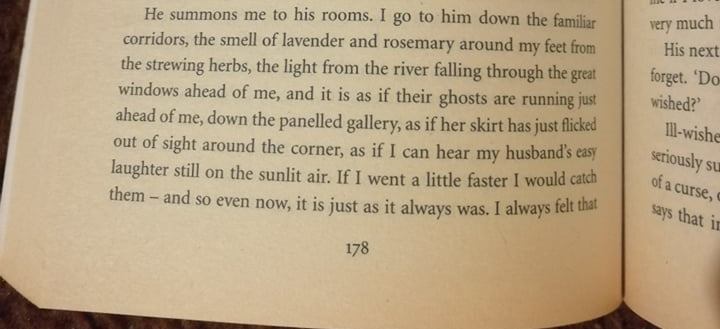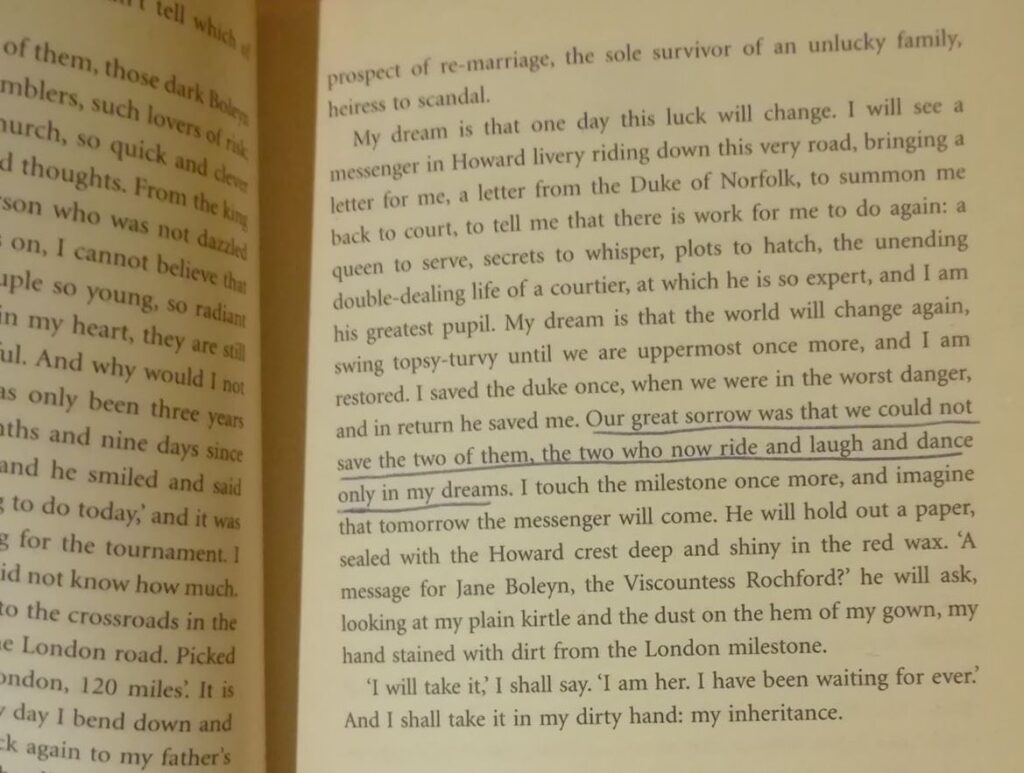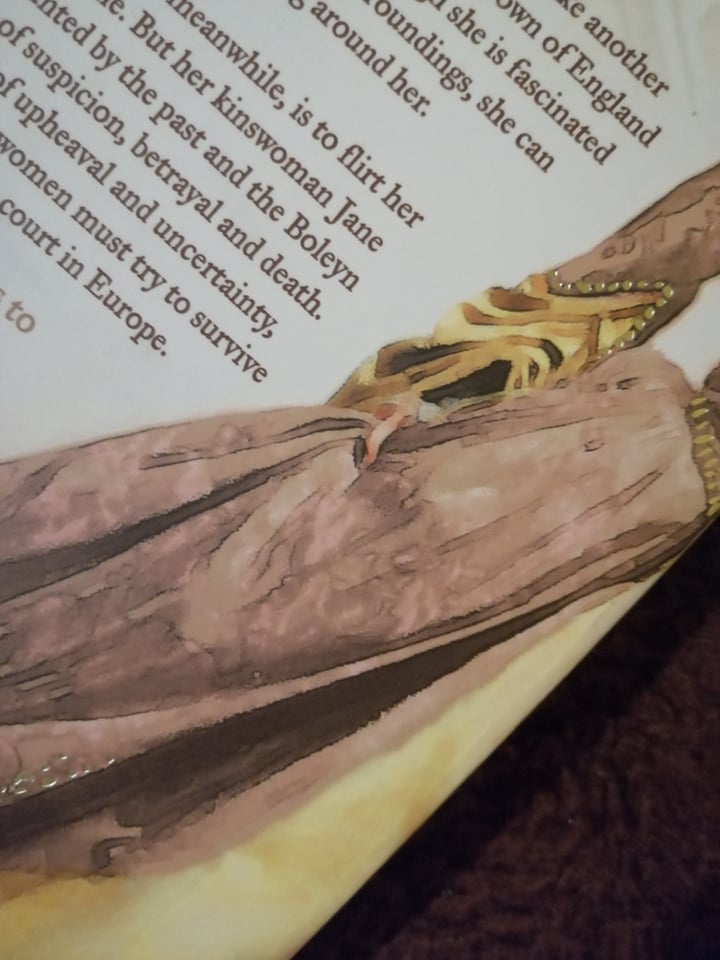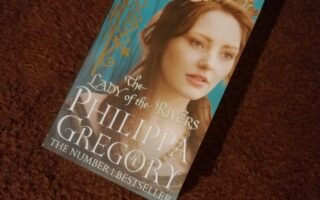The story of Henry VIII’s wives and most of all of Anne of Cleves’ temerity and wit, The Boleyn Inheritance has two meanings, one of which is the execution block.
As I write the review for the book the most vivid thing that is left to me after reading the last page is the sheer atmosphere of fear, suspicion and danger of conspiracies. I see in that the great talent of the writer by creating the specific air of the times. She captured what it meant to live at court and to be in a position of influence. Every description and sight bring the smell and texture of that epoque closer, as if by reading in between the lines you could get beyond the depth of the words and breathe the same air as the characters.
The central theme of the book is the terror inspired by the king, the distribution of justice or treason according to his whims and the successive execution of his wives for imagined faults
In the background of the whole narrative sits the story of Anne Boleyn and her brother George, executed a while before the story begins. The characters’ actions are often guided by what happened then and by their attempt to prevent the same consequences. From the very beginning we are introduced to the character of Anne of Cleves and to her need to get away form her dominant brother. The story is pervaded by a sense of injustice because she does not have her family’s good opinion no matter what she does nor their support though her life could have depended on it.

Anne of Cleves goes through several stages in the book, from joy at the idea of becoming Queen of England, to constant tension and fear when her marriage with the king is in jeopardy. Next comes terror when she faces a possible execution for treason. After that begins the forging of her individuality after renouncing the marriage as pre-contracted and learning to enjoy being independent. She starts to like taking her own decisions. Through it all she shows determination and resilience and does not think of giving up for one moment.
The character of Jane Boleyn is intriguing, ambiguous and dangerous at the same time
Even though she tries to block her conscience from admitting that she sent her husband and sister-in-law to their death, her every action and thought go back to that fateful day. It is not clear if hatred or jealousy pushed her to it, but after she comes back to court she goes on imagining what her life would have been like with the two of them still alive. Unfortunately her regrets come too late and she realizes what she did only a few seconds before her own death. My impression is that Jane Boleyn lived her life being pushed in a state of inferiority to Anne and she used her first opportunity to bring her down. She pretends to not have imagined that this would also kill her husband, but the end of the book shows that she did know it and took the risk.

The madness she pretends to be affected by after she is locked up in the Tower does not seem unreal at all. In fact, it looks like her mental issues always existed but only became apparent when she decided to confront herself and think of what she did to her husband. She is not really cunning or deceptive. Instead, she follows a pattern made out by jealousy. Even after her husband is gone she keeps serving the next queens imagining that she is furthering her position. In reality she is constantly chasing the chimera of Anne and George after every corner and under each flight of stairs.
Kitty Howard is an innocent victim overwhelmed by the influences of Lady Rochford and her uncle
She does not have the chance to make any decision, but is forced to follow other people’s inclinations, interests and opinions. Executed at 16 she did not stand a real chance of proving herself or of becoming a real queen.

The only one who escaped the kings’ wrath and all the other plots was Anne of Cleves. She shows true determination and evolves from a very naive young woman to one adapted to countering any conspiracy against her. Starting out with the best thoughts about her future marriage she goes through the shock of meeting her husband and of offending him unintentionally.
From that moment on she has to face his spite, unrelenting
Later she will be locked up and questioned, but Anne finds her moral strength. With the character of a queen, she learns to adapt without losing her grace. In the end she is grateful that she can be single and do things she enjoys. Anne no longer has to look over her shoulder in case the king’s eye is upon her with distrust or planning to execute her for new faults.

The fear that pervades the text gives out the attitude to law. There was a complete sense of insecurity. The law could be changed to please the king. There was no chance of a proper defence or of proof of innocence. The only thing needed for a head to fall was the displeasure of the king. A simple dislike turned into mortal danger.
The king’s victims never received a reply from him or even an accusation
As the writer repeats, he never said goodbye. Once out of his favor it was only a matter of time to fabricate proof of guilt and pass a death sentence. The lack of value attached to innocence and the impossibility to defend oneself when witnesses were brought and paid to sustain any allegation shows how power and wealth misguided justice.

Too precise in gory details at times, the Boleyn Inheritance is worth reading for an insight into the value attached to life and women in general at the time.



